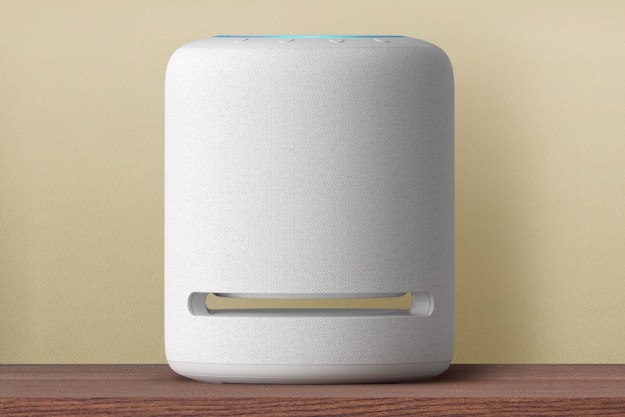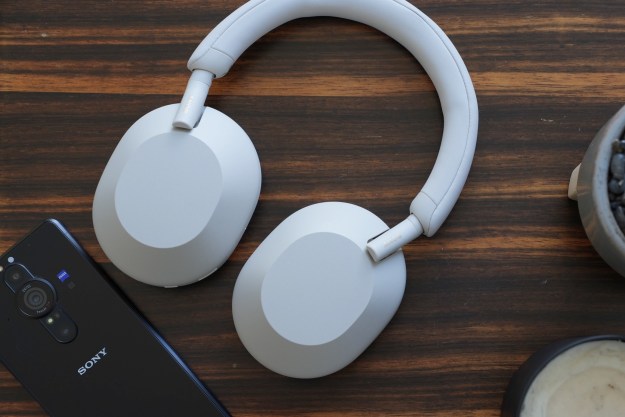
Titled “Suspending Noise Cancellation Using Keyword Spotting,” the patent describes several ways in which the technology could be implemented. One common scenario could be the use of a person’s name.
The patent also refers to the ability of the device to learn, or “refine,” noise-cancellation suspension based on interactions and actions that happen after the switch-off. For example, if you immediately switched noise-cancellation back on after a device-activated suspension because the incoming keyword or audio signal wasn’t correctly recognized, in theory, the system could learn from the mistake. Sirens and other audible alarms could be used to trigger the “off” switch as well as non-audio signals received from peripheral devices.
As the International Business Times mentioned, just because a company is awarded a patent doesn’t mean it’s going to produce a product that uses it. This technology, however, does have an interesting business case to offer by adding a much-needed level of protection to noise-cancellation devices.
Editors' Recommendations
- Nothing’s new earbuds upstage Apple, Google, and Amazon by embedding ChatGPT
- What is ANC and how do noise-cancelling headphones work?
- Beyerdynamic adds noise canceling to its Blue Byrd neckband earbuds
- Sony debuts the WF-C700N, its most affordable noise-canceling earbuds
- Why Sonos Era 300 buyers should switch to Amazon Music




